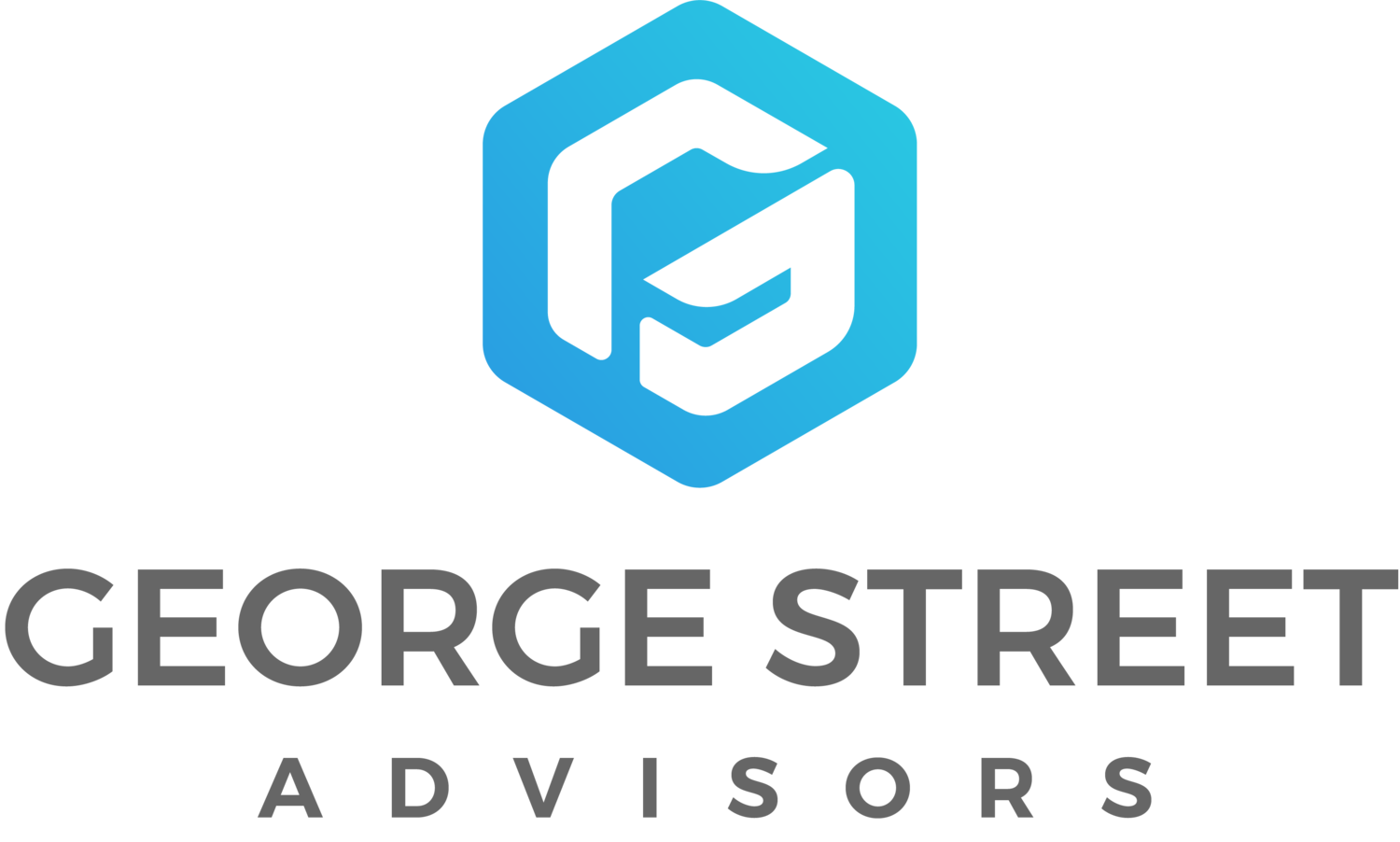So if meta-data = data about data
Then meta-work = work about work?
Except you probably don’t spend MORE time on your meta-data than your actual data …
(If you’re like a lot of companies I’ve worked with, you barely touch your meta-data at all, but that’s another topic entirely.)
Let’s broadly define meta-work as scheduling, planning, coordinating – all of the ancillary activities that surround “the work”. McKinsey looked at this a few years ago and found that, believe it or not, knowledge workers on average spend 1.5x as much time on meta-work as they do on “the work”. I’m sure it hasn’t gotten any better recently.
Sure, there’s value in meta-work, and a degree of necessity. I was a project manager for years, so if meta-work was cool, I’d be Miles Davis. But that’s sadly not the case. And more often than not, meta-work ends up being a massive distraction from what really moves the company forward. Yet the urgency that it’s often accorded means that a lot of people genuinely think meta-work is their key priority.
Here’s another way to think about this: being great at “the work” gets you promoted; being great at meta-work keeps you from getting fired. Far more true than any of us would like to admit, and fundamentally broken on so many levels.
How do we change this? There are lots of SaaS platforms that claim to have “solved” scheduling and tasking, and I’m sure I’m being added to all of their lead generation cadences as you read this. But I don’t think adding another system will solve much (maybe painful to admit, as a product guy). As everyone who follows us at Cinchy will know, if you’re doing something that is counterproductive (say, data integration) and you want to eliminate or at least minimize it, making it EASIER is a band-aid at best.
A better plan, I think, might be to re-examine the expectations we create around priorities – not through a “values” whiteboard exercise, but every day, through the interactions we have with our teams. So here’s what I’m doing for my team:
Continually providing, and reinforcing, total clarity on objectives – ALL of which have to do with “the work”
Ensuring that requests for things like status updates, touchpoints, plans etc. DON’T default to urgent (no matter who’s asking), and should be scheduled around “the work”
From a systems perspective (you knew I wouldn’t completely leave this one alone), building user-friendly tools that support complete transparency, and limit the need to “reach out for a quick update”
What’s your work-to-meta-work ratio (as a reminder, the average per McKinsey is 40:60)? What would you like it to be, and what are you doing to get there?
